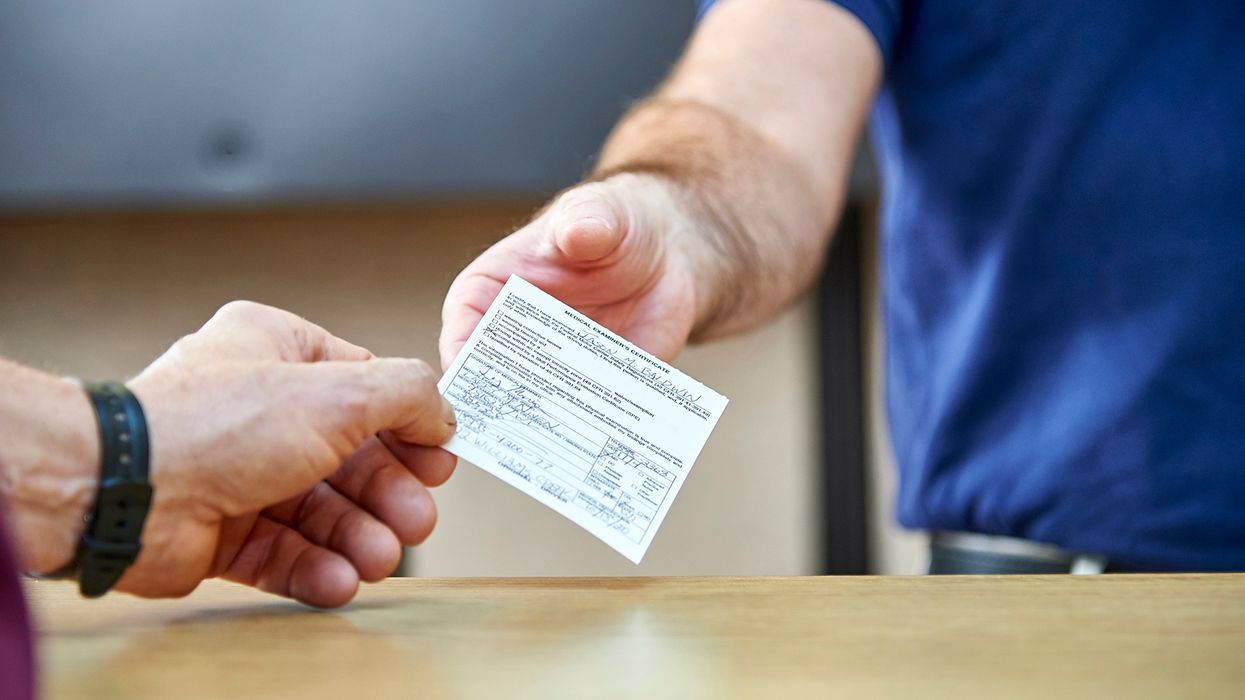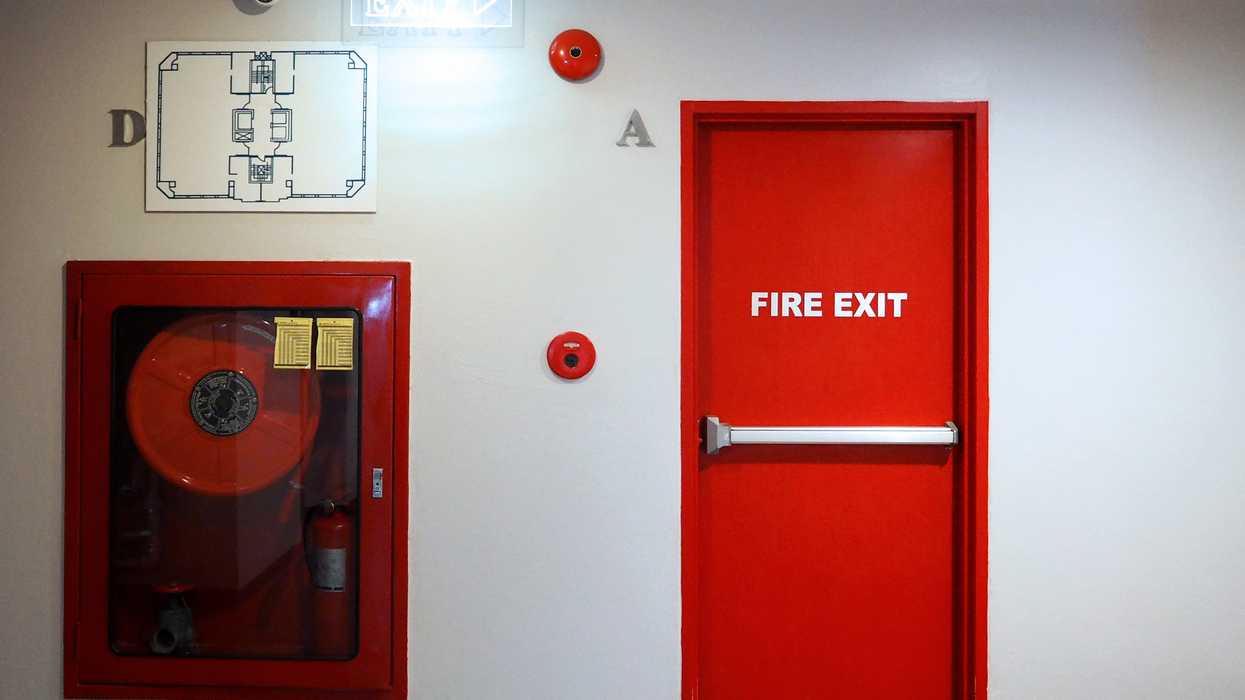Drivers key to accurate IFTA and IRP trip reports
Your drivers hold the keys to your trucks, but they also hold the keys to something else that could be equally just as important: accurate IFTA and IRP trip reports.
Under the International Fuel Tax Agreement (IFTA) and the International Registration Plan (IRP), you must follow specific recordkeeping requirements. One of the most important elements of IFTA and IRP recordkeeping is the driver trip report.
We have heard trip reports can be a struggle for some carriers. Perhaps drivers aren’t capturing all the data on the trip report, or they’re altogether losing trip reports or fuel receipts. These missteps can be understandable considering the wide range of responsibilities put on drivers.
Train your drivers
The occasional missing data or lost trip report or fuel receipt does happen. However, consistently missing data on trip reports or frequently losing trip reports or fuel receipts creates a much bigger issue.
This is where driver education and training may be able to help. If the importance of the trip reports and fuel receipts has never been conveyed effectively to drivers, your drivers may not fully realize why they must capture the trip report data — and capture it accurately.
Why do you need this information, anyway?
An informal training session is a great time for you to answer this question for your drivers. Start by covering your company-specific IFTA and IRP trip report policy or procedure. Make sure your drivers understand your policy or procedure is just that — a complete overview of your company-specific driver responsibilities and expectations. Then, convey exactly why you need this data, and why you need it to be complete and accurate. A few primary reasons you could cover include:
- Paying double. If fuel receipts are lost, your company cannot take tax-paid fuel credit on quarterly IFTA returns. This means that your company paid fuel taxes when the fuel was purchased (at the pumps), but cannot use that tax-paid fuel as a credit on the return, because your “proof” was lost. In turn, your company will need to pay that fuel tax again on the quarterly return — double the fuel taxes.
- Minimizing audit exposure. When recordkeeping is inaccurate, it can lead to discrepancies on IFTA quarterly returns and IRP annual renewals. For example, inconsistent recordkeeping can lead to large fluctuations from quarter-to-quarter in fleet miles-per-gallon. These discrepancies can lead to your company being selected for an audit.
- Audit assessments. In the event of an audit, the auditor will look at trip reports. Incomplete or missing data is a red flag to an auditor. A string of incomplete trip reports gives them a good reason to dig deeper into your records. When there’s incomplete or missing data, the auditor can recalculate taxes and assess penalties, which can be a significant expense for your company.
In an IRP audit, if records are found to be “inadequate,” the auditor can issue a 20 percent assessment. The 20 percent assessment is 20 percent of the total IRP fees for the audit period in question. Think about your most recent IRP registration fees: 20 percent of that number can be a significant expense for your company.
To a driver, a trip report may be just another piece of paperwork to deal with. With a little explanation, however, drivers may come to see exactly why it’s so much more than that.
Key to remember: Accurate trip reports can be the difference between a successful audit or a significant expense for your company. Informing your drivers how to keep accurate records is key to your success.
























































